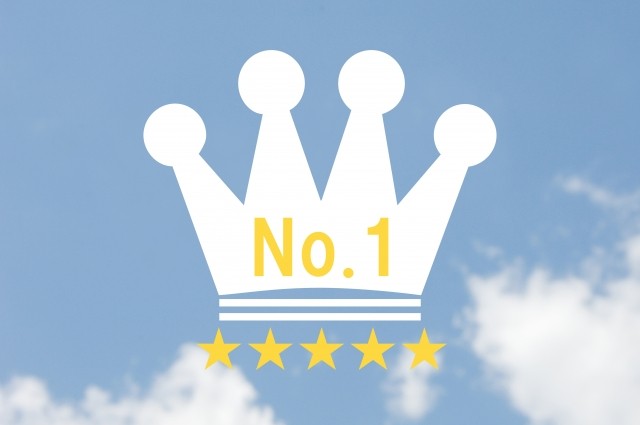今日の「ラジオ英会話」の勉強内容です。
tweet で発信してきたものを、
ブログで、まとめたものです。
(基本的に、テキストに書かれているものは省略しています)
2月のテーマは受動態・比較
👉2月号のテーマは「受動態・比較」。
– 今まで学んだ配置の知識を使って表現の場を広げていきます。
| 月 | lesson | 学習内容 |
| 2月 ( Week 1) | Lesson 201〜 204 | 受動態①〜④ |
▶︎今週も引き続き「受動態」を学びます。
Lesson 209 受動態⑧:「直接」が求められる受動態
Opening で
Roza
▶︎ Hi, guys. Akino Roza here.
Are you ready for today’s lesson?
Chris
▶︎ Hey, guys. Chris McVay here. I’m a bit sad.
I guess my best times were behind me, right?
Roza
▶︎ Didn’t I tell you to stop thinking like that, Chris?
Chris
▶︎ Yeah, OK. I try.
Dialogue で
① That is surprisingly good news.
👉この surprisingly は「驚くほど」というわけです。
直後の good を「指定」する単語、強調語です。
② it has attracted a lot of 〜.
👉 attract「〜をひきつける」という動詞です。
しっかり慣れましょう。
③ public attention
👉これもまとめて覚えましょう。「世間の注目」という意味で使われています。
※ public – これは「大衆」「世間」「一般の人々」のように様々に訳されますが、
基本的には「世間の一般の人々」ということを意味します。
④ And I thought my best years were behind me.
👉 thought「思った」内容を、後ろに節を置いて説明する – リポート文
の形です。
⑤ research expedition
👉 research はもちろん「研究」です。
この expedition のニュアンスをクリスさんに聞いて見ましょう。
▶︎ Chris, could you explain this word?
Chris
▶︎ Yeah, “expedition” is on a large scale, on a grand scale
seriously well-organized, like a research expedition.
Totally different from, let’s say, a field trip or an excursion
or an outing that’s fun, more casual.
⑥ That’s what I was thinking.
👉 That’s「それは」というわけです。そして「それは何なのか」と言えば、
wh節 – what I was thinking – [疑問文の意味をもたない文の部品]
「私が考えていたこと」というわけです。
Ending
Onishi
▶︎ Hey, Chris. Our book is expected to be a bestseller!
Chris
▶︎ No way! It’s not expected to be! It already is!
Onishi
▶︎ Yeah, it is!
Roza
▶︎ Yeah, yeah, in your dreams, guys.

Words and Phrases
① medieval
👉中世の
② be haunted
👉幽霊の出る
③ the accused
👉容疑者
④ be made to 〜
👉〜させられる
⑤ Ming vase
👉明朝の花瓶
これで、
Lesson 209 は終了!



コメント